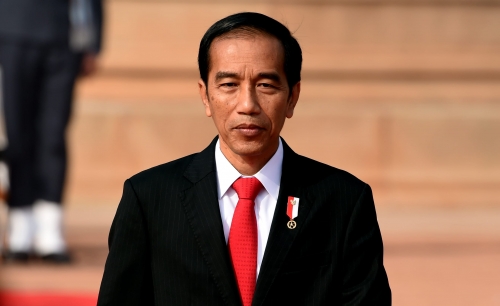Indonesian president warns not to rush vaccines amid halal concern
Reuters
The Daily Tribune - www.newsofbahrain.com
The president of the world’s largest Muslim-majority nation, Joko Widodo, called on Monday for Indonesia not to rush the rollout of vaccines, citing concerns over public awareness about whether they were halal.
With more than 365,000 coronavirus cases and 12,000 deaths, Indonesia has struggled to get its outbreak under control. and the government has been racing to secure a supply of vaccines while still under development, drawing criticism from some epidemiologists for seeking a “silver bullet” solution before full vaccine efficacy and safety is known.
Senior ministers have indicated that emergency vaccine authorization could be granted as early as November.
But the president, better known by his moniker “Jokowi”, signaled a more cautionary approach, warning against haste and urging clear public messaging about whether vaccines were halal, or permissible under Islam.
“I ask that this vaccine is not rushed because it’s so complex,” Jokowi said ahead of a closed meeting.
“I want to ensure there is good preparation. On public communication, especially in relation to halal and haram, the price, and quality.”
Controversy over whether vaccines adhere to Islamic principles has stymied public health responses before in Indonesia, including in 2018, when the Indonesian Ulema Council issued a fatwa declaring a measles vaccine was haram or forbidden under Islam.
Indonesia has secured 50 million doses from China’s Sinovac by March next year and 100 million from AstraZeneca by next April, in addition to other deals.
Vaccines from Sinovac as well as China’s Sinopharm and CanSino Biologics for 9.1 million people will be available this year, with health workers prioritized, said Achmad Yurianto, a senior health ministry official.
Indonesia’s rush to secure supplies of unproven vaccines has generated concern among epidemiologists, some of which argue it should instead focus on testing and contact tracing until a safe and effective vaccine is available.
“Many countries think a vaccine will be their silver bullet to deal with the pandemic,” said Dicky Budiman, an Indonesian epidemiologist from Australia’s Griffith University.
“But unfortunately, the history of pandemics, the literature, does not support that.”
Related Posts

